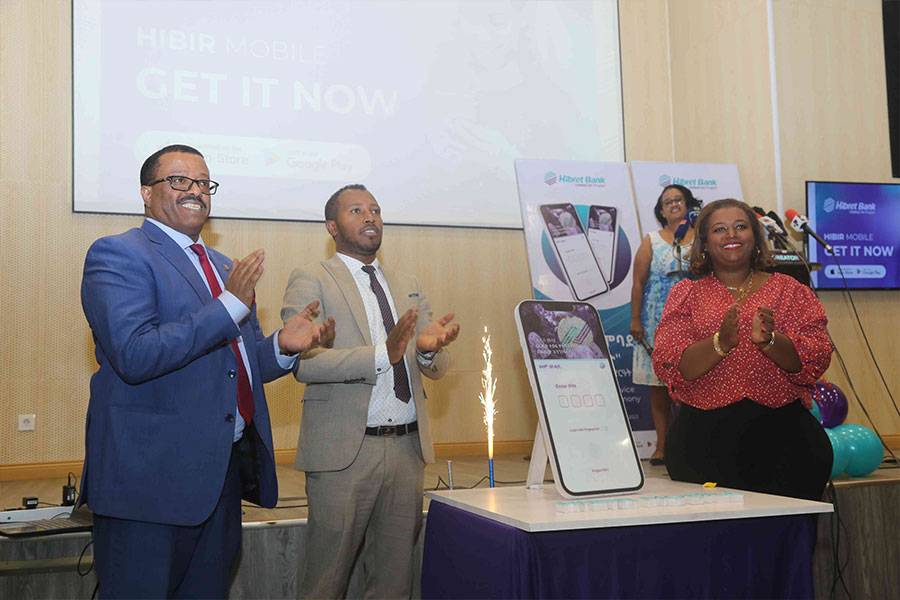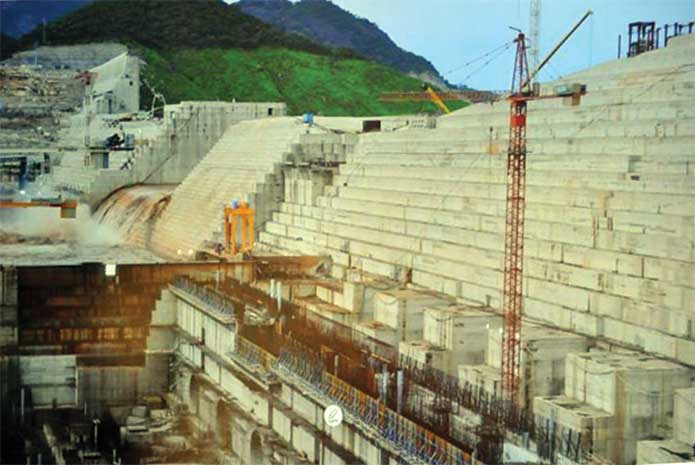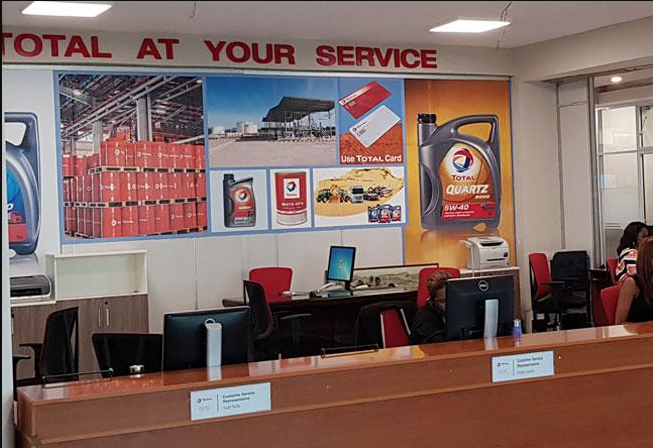
Radar | Mar 11,2023
The federal government has asked the World Bank for 109 million Br in loans to compensate properties affected by constructing the Modjo-Hawassa expressway road.
Divided into four segments, the 202.4Km road project was launched six years ago by former Prime Minister Hailemariam Desalegn. The Chinese Railway company was awarded the construction project, designed by Techniplan International Consulting, an Italian firm, in partnership with Ethio-Infra Engineering Plc. Ethio-Infra had designed the 72Km Mehal Meda–Alem Ketema road for 3.5 million Br in 2011. Two years later, it was also involved in social and environmental impact assessment and resettlement policies for Modjo-Meqi and Nekemte Bure roads, respectively.
The African Development Bank (AfDB) provided 126 million dollars to finance the first segment from Modjo to Meqi, contracted to the state-owned China Railway Engineering Corporation. The second lot, connecting Meqi with Batu (Ziway), was bankrolled with a 228 million dollar loan from the Export-Import Bank of Korea. The World Bank made 370 million dollars available in credit for the construction of the 57Km from Batu to Arsi Negele towns.
Construction of the 700 million dollars road project began last year, but progress has been impeded by issues with rights of way claimed by property owners, including farmsteads.
According to an environmental and social impact assessment conducted early on, the construction of the four phases was thought to impact thousands of households. The total number of households affected by the entire project was estimated at 3,457. The World Bank asked for assessments on all four lots, disclosed Sengi Dadhi, social and resettlement management team leader at the Ethiopian Roads Administration (ERA).
"The request included preparing a livelihood restoration plan," he said.
A year ago, the Ethiopian Roads Authority (ERA) hired Zelalem Temesgen, a consultant with 20 years of experience, for 1.5 million Br to conduct the assessment.
It revealed that close to 1,000 rural agricultural households in 15 kebeles along the 93Km have been impacted. The report discovered the productivity of these households, comprising 12,500 people in Adami Tulu, Dugda and Arsi Negale weredas, has dropped by half due to the expressway's altering farming and pastoralist activities.
Fifty-five-year-old Warso Eilemo, a father of 24 children from three wives, is one of the farmers whose lives were impacted by the road project. It has redirected water to his property, flooding a quarter of the four hectares he uses to farm maize. He harvests an average of 15qtl from each hectare.
"Flooding hadn't been a problem before the road project," he told Fortune.
The World Bank has approved the assessment and livelihood restoration plan at the beginning of this year. Officials say they expect the financing will be approved in the coming months. The ERA plans to start paying out compensations right after the release of funds by the World Bank and finalise in April 2023, according to Sengi.
“However, compensating the households could take up to two years,” he said.
The Authority has paid out 1.9 billion Br as compensation to owners who surrendered property and other assets for the segment from Modjo to Batu. The assessment report revealed that the majority had expressed dissatisfaction with their payments, claiming the compensation was insufficient.
Warso received 230,000 Br as compensation for one hectare he ceded to the road project two years ago.
"It wasn't enough to cover the losses I incurred," he said.
Nonetheless, officials estimate 109 million Br is enough to cover the proposed livelihood restoration project costs. The money will not be paid out to the beneficiaries in cash. Officials believe that compensating based on cash cannot address the issues unless sustainable livelihood schemes and training support them.
“The money is used to contribute to the well-being of the households sustainably,” said Sengi.
The provision of land as compensation and channelling the funds through microfinance institutions are some schemes the officials plan to see the acceptable conclusion of a livelihood restoration program. It is the second scheme for ERA. Seven years ago, the World Bank provided funds for compensation made to 340 households impacted by the construction of the 91.6Km road from Mizan to Dima, linking the Oromia and Southern regional states. The bulk of the finance, amounting to 59.5 million dollars, came from the World Bank while the federal government had allocated 40.4 million Br for the project.
Constructed by MCC 17 Group, a Chinese contractor, at a total cost of one billion Birr, the households had received 123.5 million Br in compensations. The ERA spent 34 million Br on livelihood restoration works.
However, Yonas Jarsa, an independent legal consultant who has previously served as a legal officer at the central bank, sees conducting a need assessment and compensating households as complex. Ethiopia has no legal framework to determine eligibility or the amount of compensation for losses due to development projects. Compensations are based on a law governing the expropriation of land holdings introduced in 2005 and amended in 2019.
"However, efforts should be made to negotiate and allocate the highest budget possible,” said Yonas.
Construction of the final sections of the Modjo-Hawassa Expressway has yet to finish. The Export-Import Bank of China, which is financing the fourth lot, has withheld 196 million dollars in loans as China reviews Ethiopia's external debt standing.
The segment from Modjo to Batu was inaugurated last May in the presence of Prime Minister Abiy Ahmed (PhD).
PUBLISHED ON
Mar 19,2022 [ VOL
22 , NO
1142]

Radar | Mar 11,2023

Radar | Nov 13,2021

Viewpoints | Feb 13,2021

Radar | Jul 11,2021

Verbatim | Oct 16,2021

Fortune News | Oct 12,2019

Radar | Oct 30,2021

Sponsored Contents | Mar 28,2022

Fortune News | Jun 15,2019

Fortune News | May 08,2021

Dec 22 , 2024 . By TIZITA SHEWAFERAW
Charged with transforming colossal state-owned enterprises into modern and competitiv...

Aug 18 , 2024 . By AKSAH ITALO
Although predictable Yonas Zerihun's job in the ride-hailing service is not immune to...

Jul 28 , 2024 . By TIZITA SHEWAFERAW
Unhabitual, perhaps too many, Samuel Gebreyohannes, 38, used to occasionally enjoy a couple of beers at breakfast. However, he recently swit...

Jul 13 , 2024 . By AKSAH ITALO
Investors who rely on tractors, trucks, and field vehicles for commuting, transporting commodities, and f...

Oct 18 , 2025
The political establishment, notably the ruling party and its top brass, has become p...

Oct 11 , 2025
Ladislas Farago, a roving Associated Press (AP) correspondent, arrived in Ethiopia in...

Oct 4 , 2025
Eyob Tekalegn (PhD) had been in the Governor's chair for only weeks when, on Septembe...

Sep 27 , 2025
Four years into an experiment with “shock therapy” in education, the national moo...